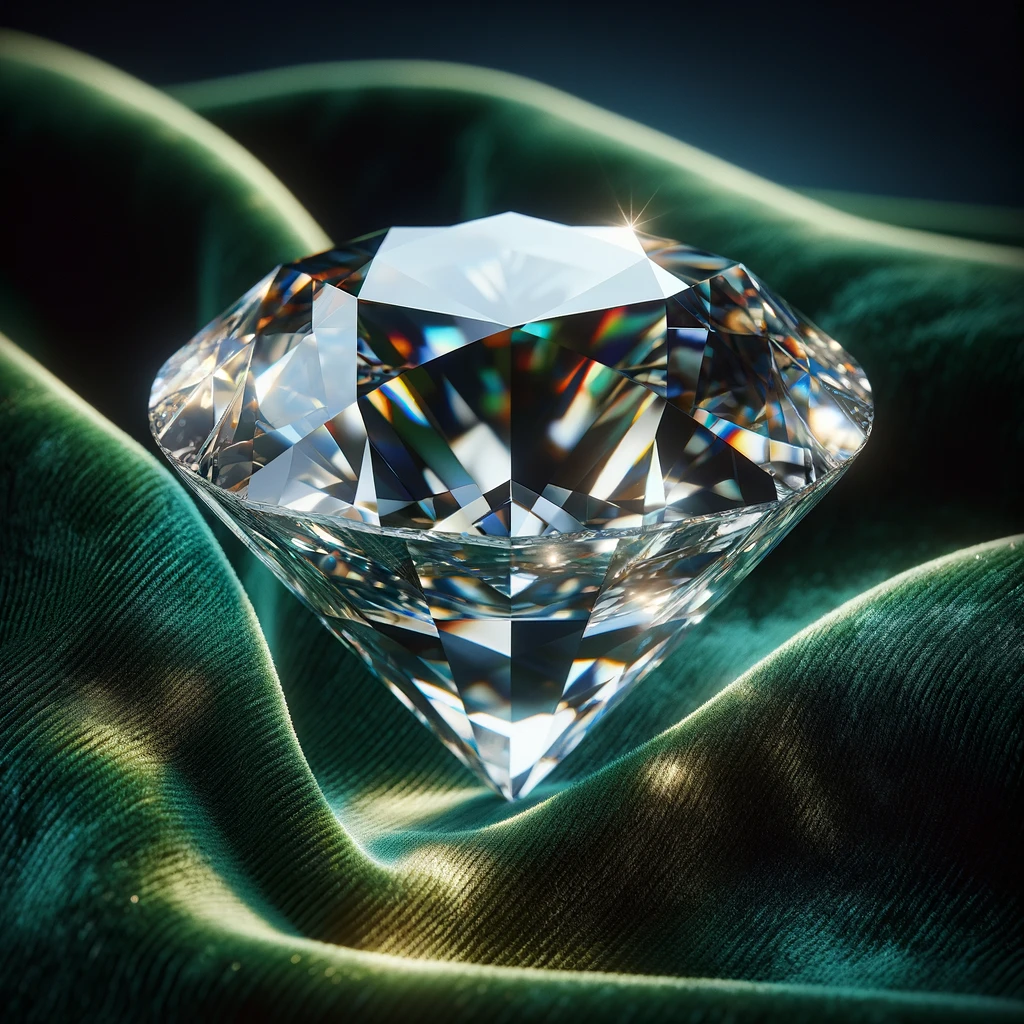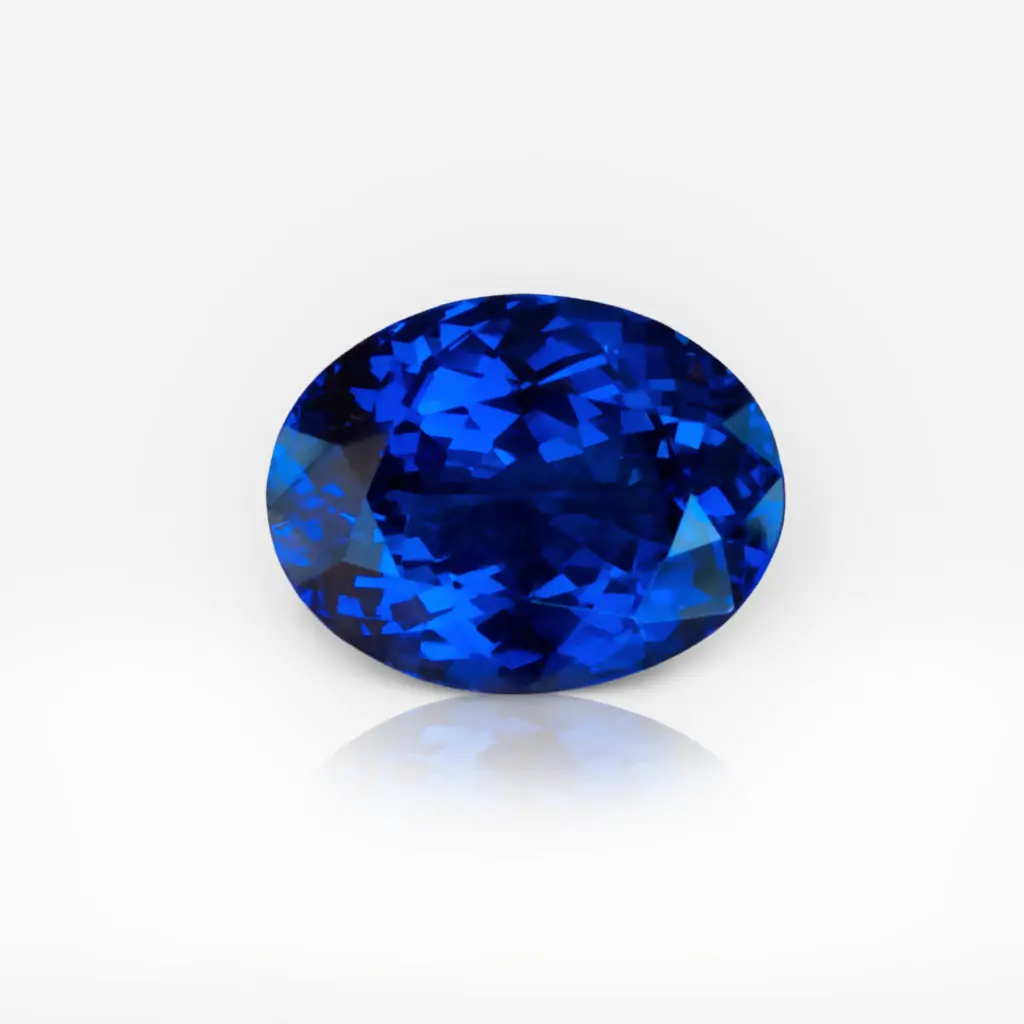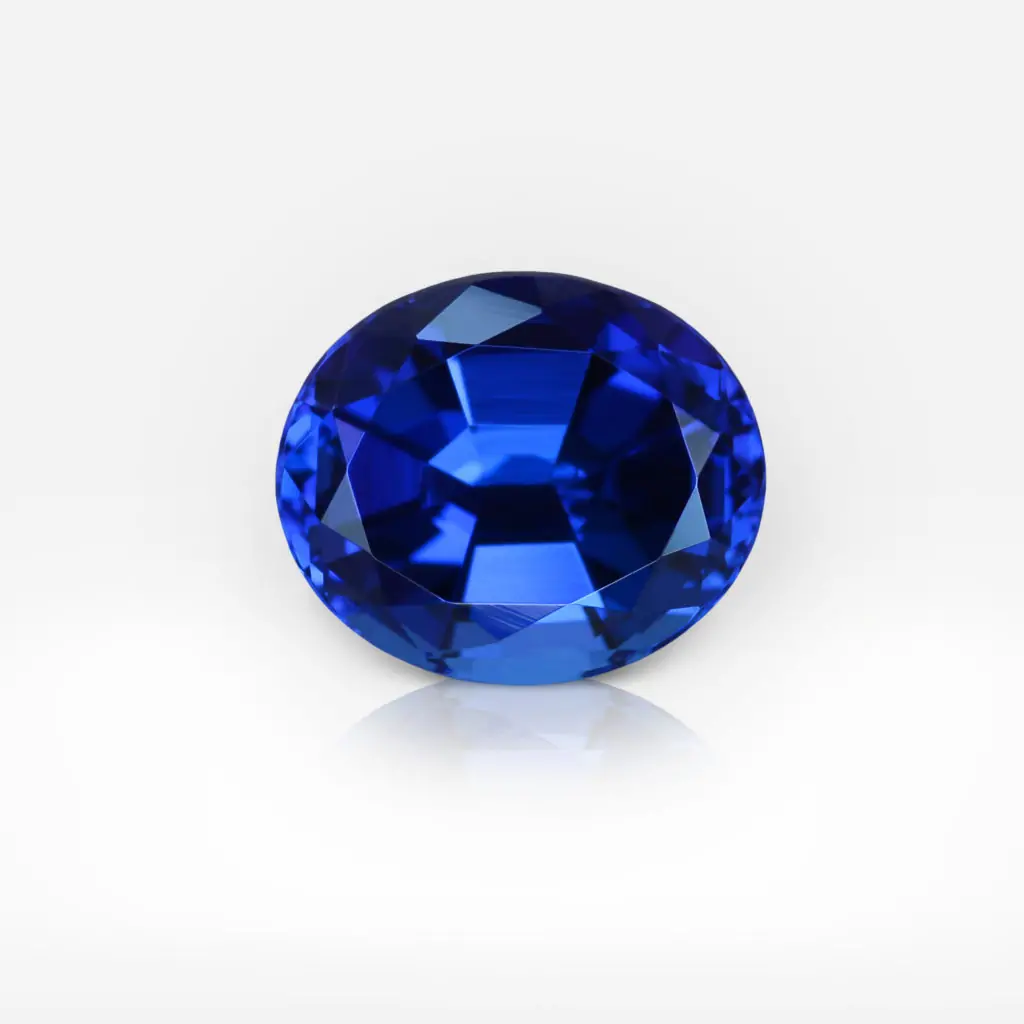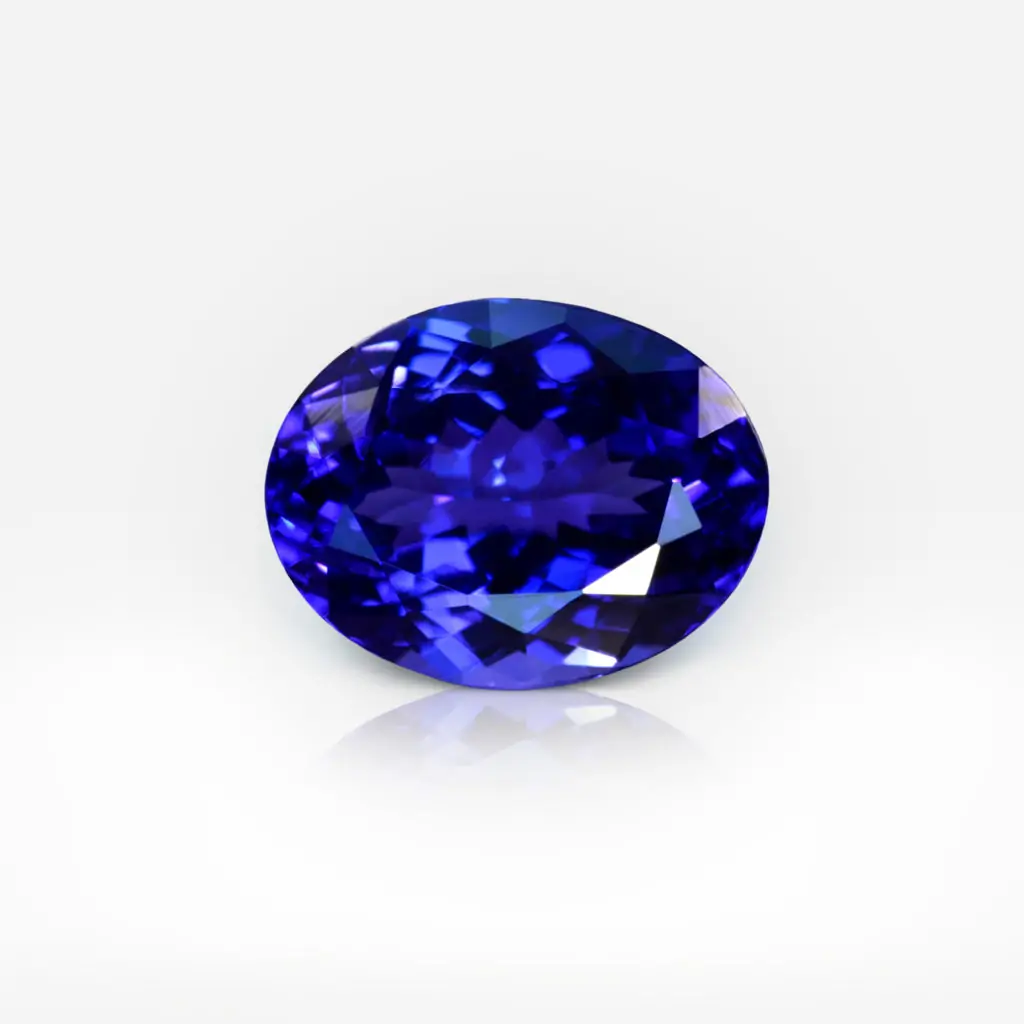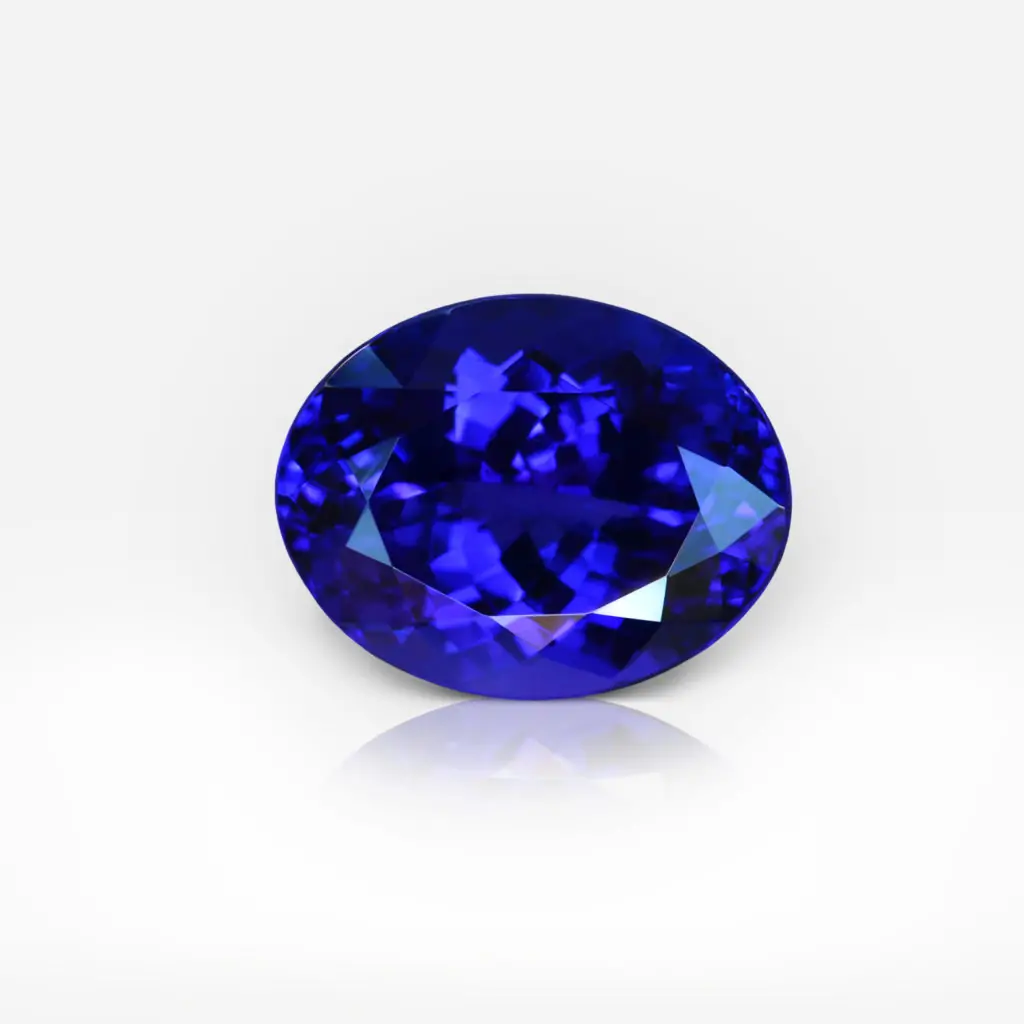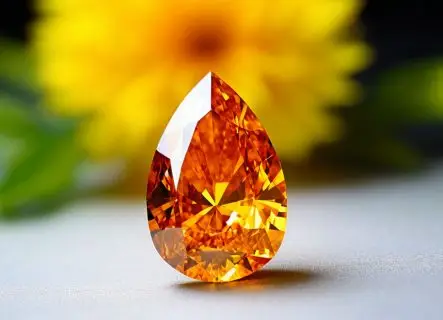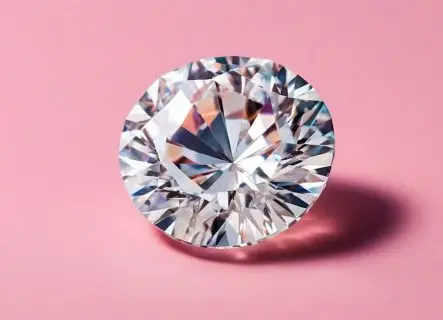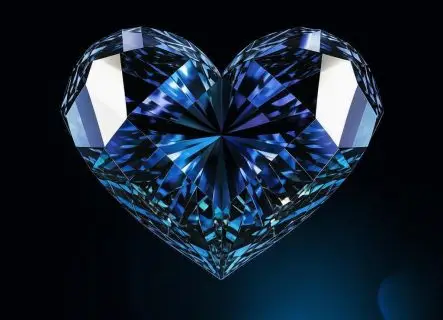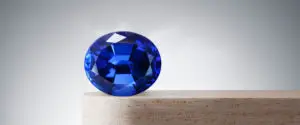
Tanzanite is a truly exotic gemstone. Existing in an amazing lush blue, vibrant violet, and rich purple color shades, it is found in only one place on the Earth – near faraway Mount Kilimanjaro.
Description
Tanzanite is a violet blue to blue violet variety of the mineral called zoisite.
This gemstone is mined only in one place in the world: the Merelani Hills of Tanzania, from where it got its name from.
Top-quality Tanzanite exists both in violetish blue color – very similar to a sapphire – or in a unique violet shade. It is a pleochroic gem, meaning that it showcases different colors when looked at from different sides. This stone may look blue, violet or even burgundy depending on the crystal’s orientation.
Mineral: zoisite
Color: violet blue to bluish violet to violet purple
Mosh Hardness: 6-7
Origin: Tanzania
Superpower: bringing good luck and encouraging new beginnings
Birthstone: December
Anniversary: 24th wedding anniversary
History
Tanzanite, discovered only in 1967, is a relatively new find. It happened when a Masai tribesman came across the deposits of intense indigo crystals in the hills of Merelani in northern Tanzania. He told about his discovery to Manuel d’Souza – a local fortune hunter – who hoped that they’d found a new deposit of sapphires.
Instead, the deposit contained Tanzanites.
However, this rich violet gem got its name only a year later, in 1968. At that time Tiffany&Co. became its main distributor and named the gem after the country where it was first discovered.
Immediately, Tanzanite became mega popular among jewelry designers, gem professionals, gem lovers and other customers – mostly for its vivid color, high cl?rity and large size.
An interesting fact: the biggest Tanzanite ever is a large crystal of 16,839 ct (weighing more than 3kg). It’s named “The Mawenzi” after Kilimanjaro’s second highest peak.
Lucky charm
Although Tanzanite was found relatively recently, it’s been attributed with bringing good luck and prosperity, and associated with celebrations of new beginnings and life. For example, Maasi people believe that its navy shades are sacred and spiritual. They also have a tradition to give a Tanzanite to Maasai women after the birth of a child as an offering of health, positive energy and prosperity.
Quality factors
Color
Tanzanite is a pleochroic gemstone, meaning it showcases different colors when looked at from different angles. That’s why cutting is crucial in the process of determining the gem’s color in a jewelry piece.
Due to the stone’s strong pleochroism, cut pieces typically demonstrate a wide range of both blue and violet hues. Traditionally, paler colors are more available and affordable than more saturated ones.
Clarity
Many Tanzanites sold in jewelry have inclusions seen only under magnification. Eye-visible inclusions lead to the drop in value.
Cut
Cutting is an extremely important process in Tanzanite’s color display, that determines the gem’s overall shade. In fact, cutting this gem to emphasize its purple color is easier than to reveal a violetish blue color. That’s why violet-purple tanzanites are more plentiful than those with a stronger blue color component.
Carat weight
Tanzanite is available in a wide variety of sizes. The finest and deepest colors are usually seen in sizes over 5 ct. Smaller stones are often less intense.
Reuven’s comment
“Tanzanite made a giant leap in the 90s, becoming insanely popular. For example, in the USA Tanzanites were sold almost at the price of sapphires. Although there was a slight decline later, Tanzanites are still beautiful and popular.
Tanzanites commonly have a slight purple hue, but the ones that only reveal a blue shade are a great alternative to sapphires even today”.
Subscribe to discover the world of diamonds and gems. If you have any questions, please let us know.


